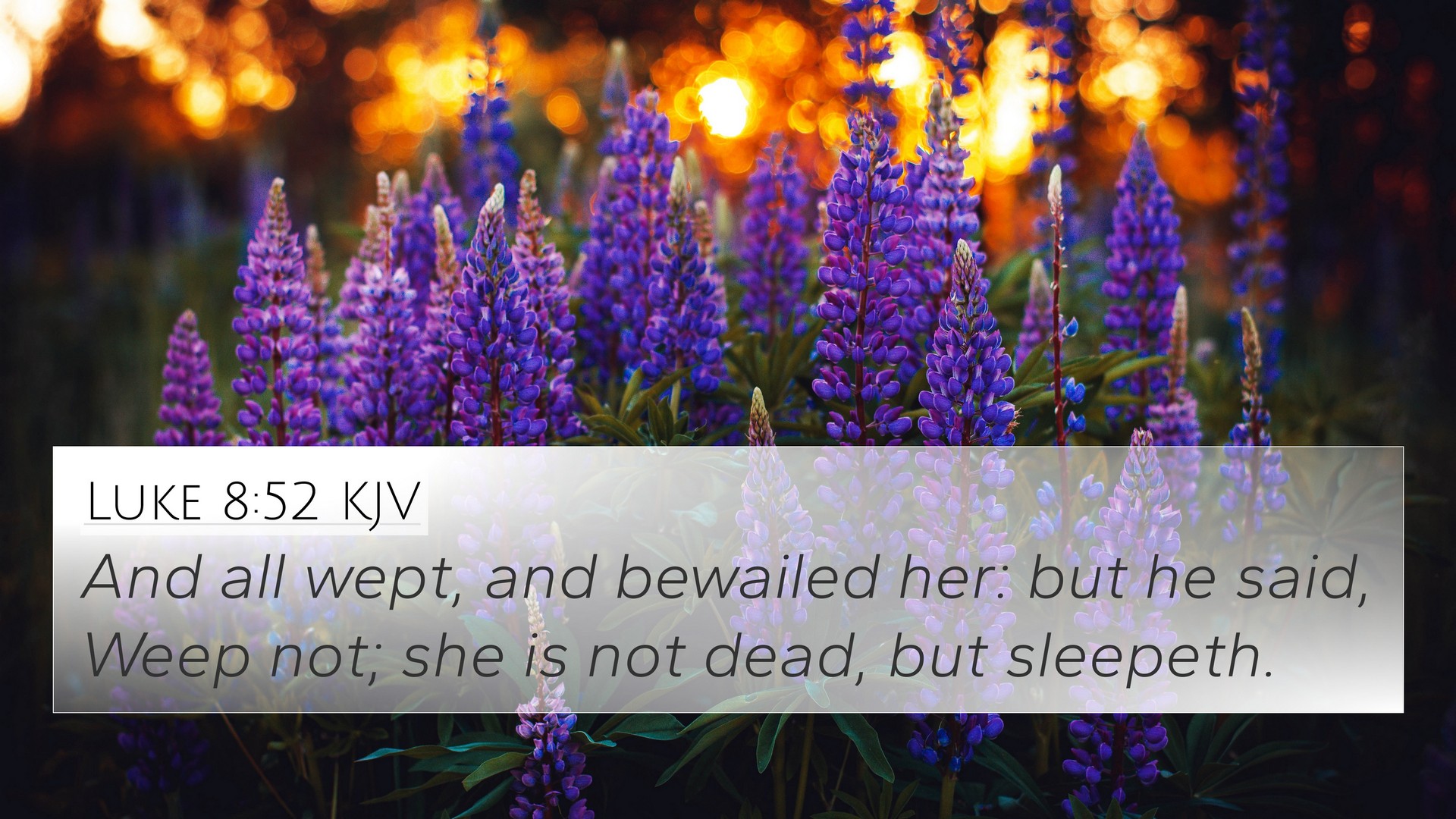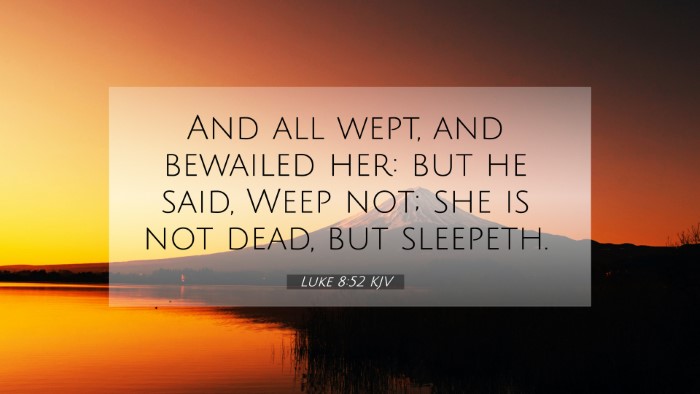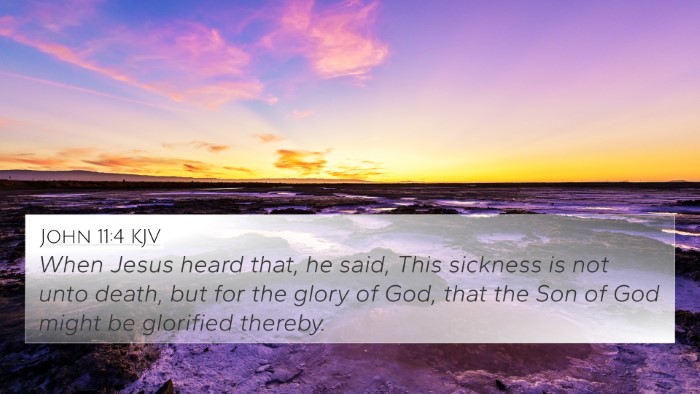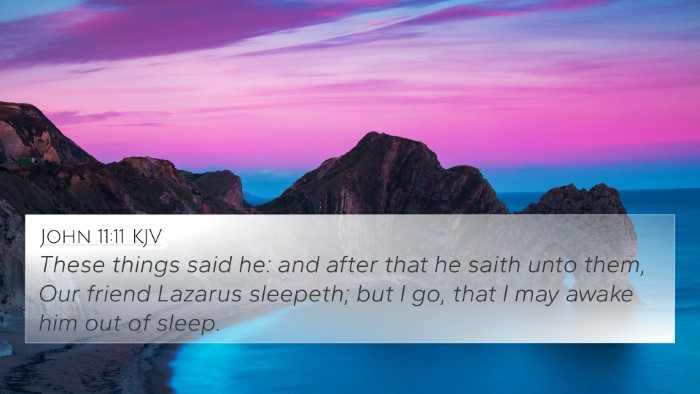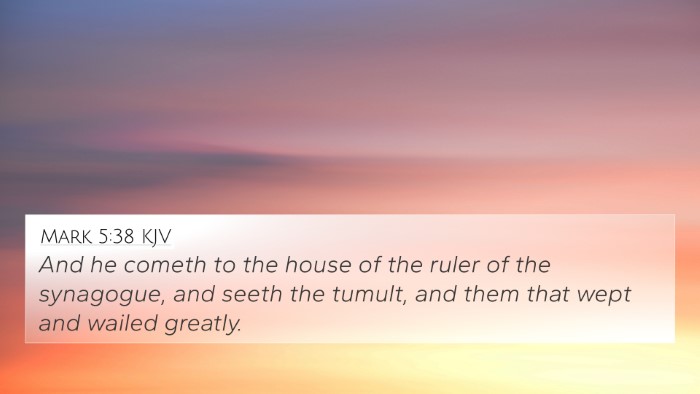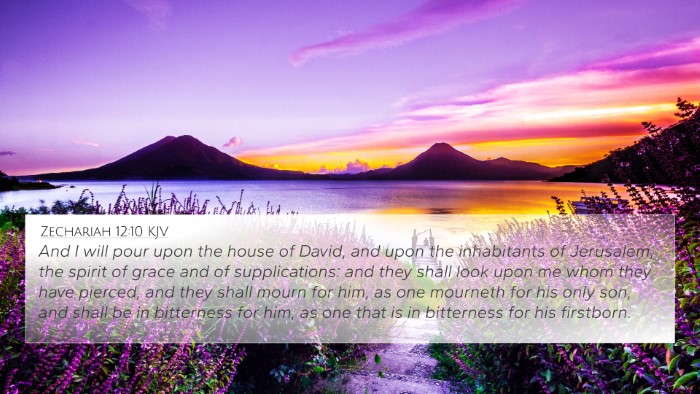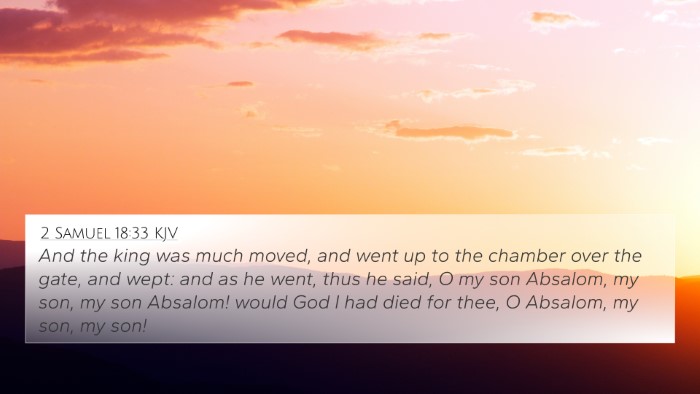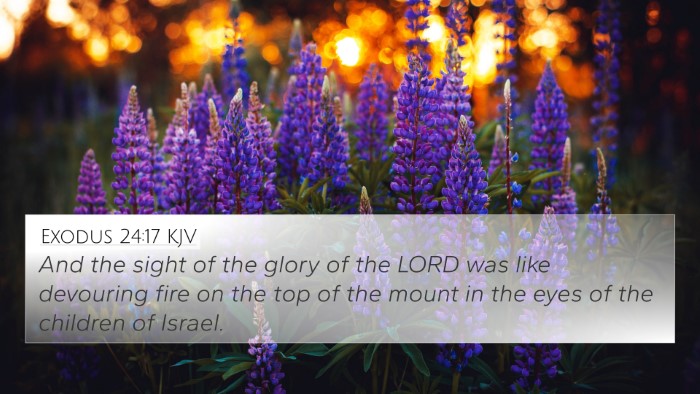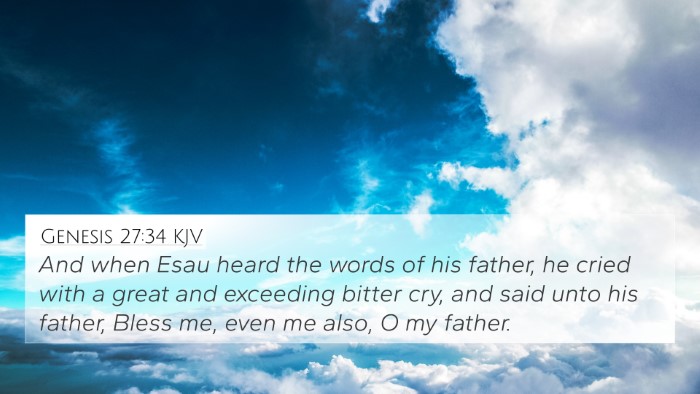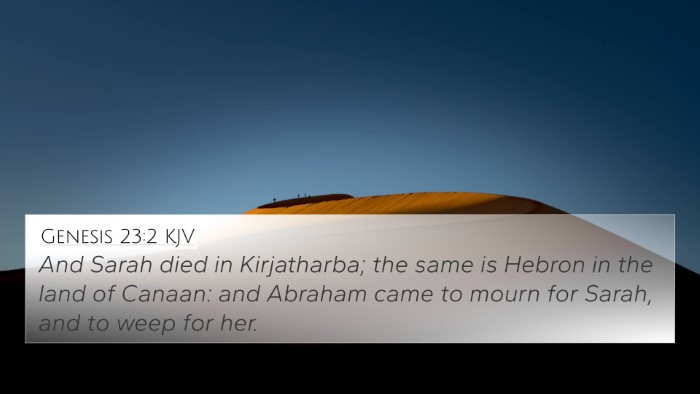Understanding Luke 8:52
Luke 8:52 states: "And all wept and bewailed her: but he said, Weep not; she is not dead, but sleepeth."
This verse occurs in the context of the miraculous healing and resurrection that Jesus performs for Jairus' daughter, illustrating not only the power of Christ but also a profound truth about death as perceived in Christian theology.
Summary of Biblical Meaning
The commentators reflect on several key themes:
- Nature of Death: Jesus describes death as sleep, indicating a temporary state rather than a permanent end. This aligns with other biblical references that depict death in a similar manner (e.g., John 11:11).
- Response to Grief: Jesus' command to "weep not" serves as a reminder of faith amidst sorrow. He reassures those around that what seems to be a finality is not the whole story.
- Divine Authority: This moment emphasizes Jesus' authority over life and death, a recurring theme in the Gospels. As noted in Matthew Henry's commentary, Jesus' power transcends earthly limitations.
Bible Verses that Relate to Luke 8:52
Understanding Luke 8:52 can be enriched by linking it to other scriptures. Here are some pertinent Bible cross-references:
- John 11:11-14: Jesus refers to Lazarus' death as sleep, reinforcing the notion of a temporary nature of death.
- 1 Thessalonians 4:13-14: Paul comforts the Thessalonians by saying that those who sleep in Jesus will be raised.
- Matthew 9:24: In this parallel account, Jesus also claims the girl is not dead but asleep, signifying His unique authority.
- Mark 5:39: Similar to Luke, this verse highlights the reaction of those who witnessed the miracle and confirms the interpretation of death as sleep.
- Revelation 14:13: This verse speaks of the blessedness of those who die in the Lord, further links to the theme of assurance in death.
- Psalms 13:3: King David pleas for understanding as he grapples with grief, akin to the despair exhibited before Jesus arrives.
- Luke 16:22: Discussing Lazarus and the rich man, this passage touches on the afterlife, paralleling ideas of death and eternal rest.
- Hebrews 2:14-15: The author explains how Jesus partook in humanity to free them from the fear of death.
- Romans 8:38-39: Nothing can separate believers from God's love, including death, an important comfort reflected in Jesus' words.
- Philippians 1:21: Paul states that to live is Christ, and to die is gain, echoing a belief that death is a transition for believers.
Comparative Bible Verse Analysis
Analyzing Luke 8:52 alongside other scriptures enriches our understanding of the resurrection theme throughout the Bible. The connections between Bible verses also underscore how Jesus' visit to Jairus reflects broader theological principles of life, death, and resurrection.
Thematic Connections
The themes woven throughout scripture, such as hope after death, divine authority, and the promise of resurrection, connect these verses. This illustrates a consistent theological narrative:
- The promise of eternal life and resurrection is a cornerstone of Christian faith.
- The notion of death as sleep provides comfort and perspective, framing death within the hope of resurrection.
- The healing and raising of the dead by Jesus exemplify His mastery over death, affirming His identity as the Son of God.
Tools for Bible Cross-Referencing
Individuals seeking to explore the scriptures effectively can utilize various tools:
- Bible Concordance: An index of terms and concepts within the Bible, allowing for easy lookup of verses related to specific topics.
- Bible Cross-Reference Guide: Resources that systematically link related verses for deeper study.
- Cross-Reference Bible Study Methods: Techniques that involve examining connections between verses to enhance understanding.
Finding Cross-References in the Bible
To efficiently find cross-references, consider the following:
- Identify key themes or phrases in the verse; use these as search terms in a concordance.
- Consult study Bibles which often highlight related verses in the margins.
- Utilize digital tools and applications dedicated to Bible study that provide automated cross-referencing.
Conclusion
Luke 8:52 is a profound verse that encapsulates a theme of hope and reassurance in the face of death. By analyzing it within the wider biblical narrative, one can appreciate the interconnectedness of scripture and the centrality of Jesus' message about life, death, and resurrection.
